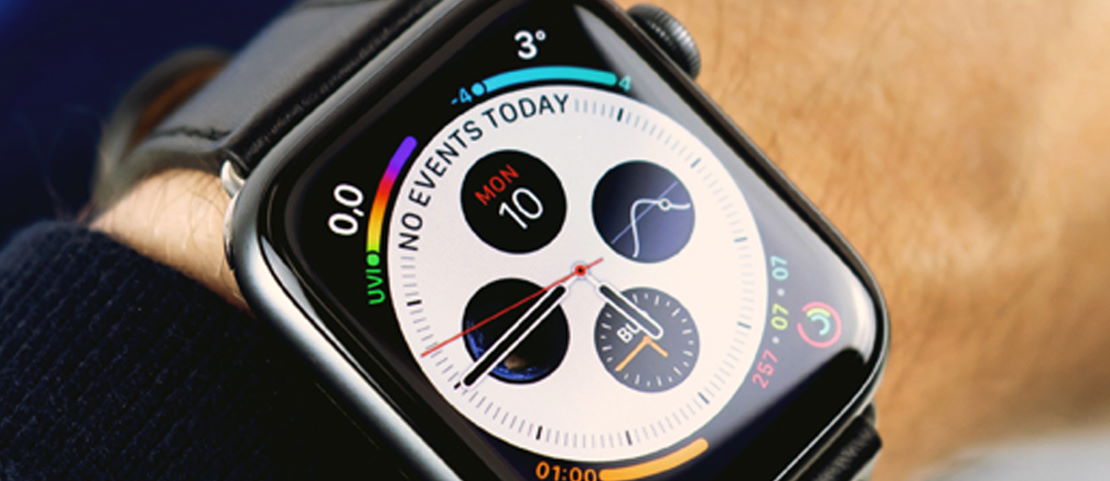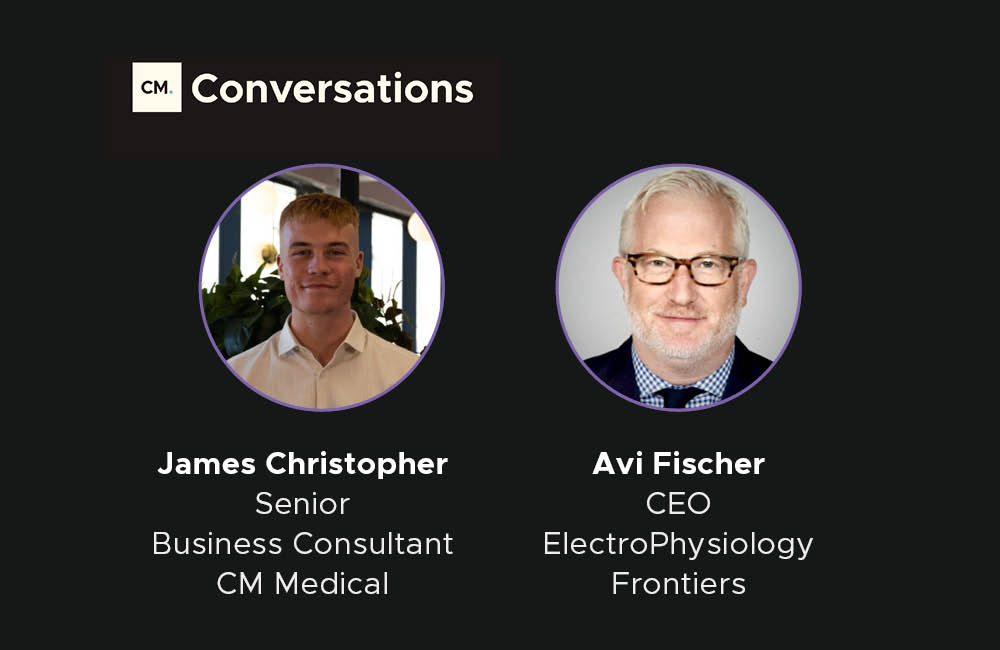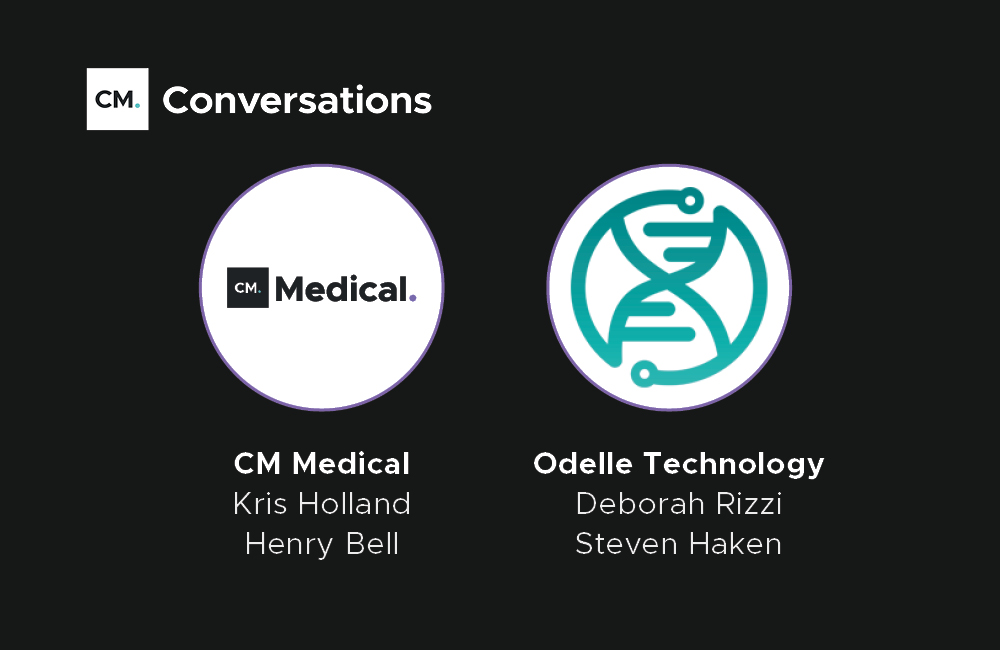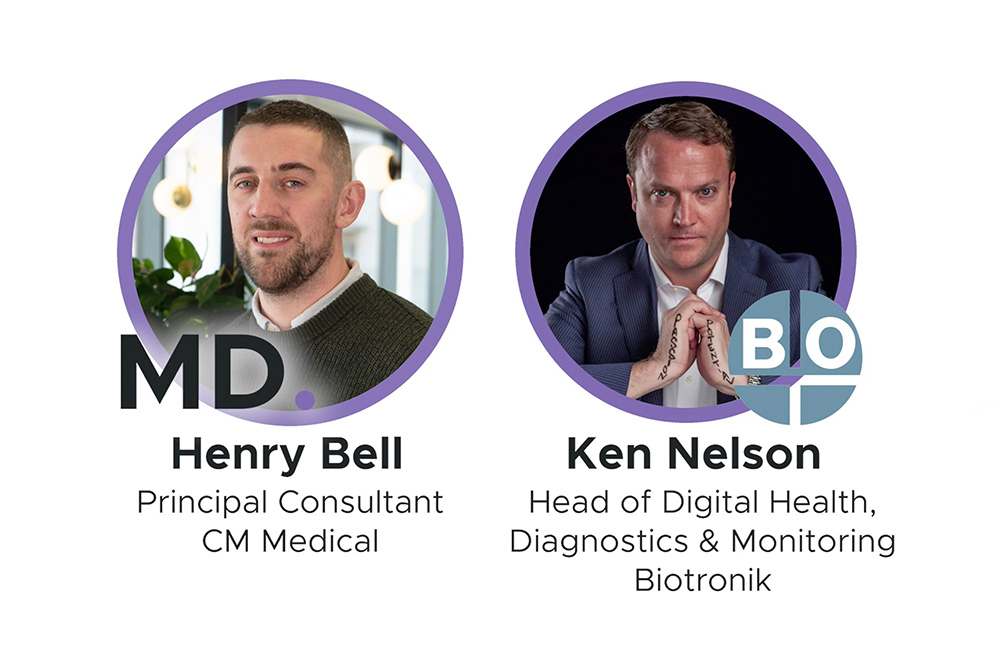

The Apple Watch Series 4 ECG. A New Era for Med Tech?
See a link to the story here.
Designed to detect certain cardiac arrythmias, particularly atrial fibrillation, this marks a significant moment in med tech: the first time a major tech company has brought a device out of the clinic and into everyday life.
Apple have long had designs on the lucrative med tech space. Since introducing the Series 1 in 2015, the focus of the Watch has been heavily weighted on healthcare. In more recent iterations they also introduced heartrate monitors, but the inclusion of a sophisticated ECG marks a significant turning point. Big tech has their eyes on medical, wellness and making more and more complex data available to virtually everyone.
It’s not the first time we’ve seen an FDA approved wearable ECG. Last year, AliveCor did just that for their KardiaBand, which was designed to be used with the Apple Watch. Integrating the technology is a big step forward.
In their Fall keynote, Apple said that the watch will alert the wearer if their heart rate is either fast or slow (a potential indicator of atrial fibrillation) and will map and subsequently log the results in a downloadable PDF which can be shared with a physician.
Rumour has it that the new features on the Apple Watch, including the ECG and fall detection technology are designed to appeal to baby boomers, but it remains to be seen if the new additions are enough to coerce them into paying the hefty price tag for the new product.
For a long time, the world of medical wearables such as insulin pumps, defibrillators and pain management devices have been kept well away from the FitBits, Apple Watches and Garmins of the world. However, this could mark the collision of the two worlds, as we move towards the fabled era of precision medicine.
It will be interesting if Apple take things further (an iDefib anyone?) or if the likes of Samsung follow suit and integrate serious med tech into their consumer tech.
I’d also be interested to see if this could see a shift going the other way. Perhaps medical device companies who have long been known only to medical professionals and few others will enter the consciousness of the more general public as they start to collaborate with big names like Apple.
Recommended.

The Future of Catheter Ablations with EP Frontiers CEO, Avi Fischer.
In this episode I talk to ex-physician gone start-up CEO, Avi Fischer, about the future of Catheter Ablations and how EP Frontiers is disrupting the industry. Click to listen.
.jpg)
Can PFA Revolutionise Cardiac Ablations?
With the limited data we have so far, PFA has proven to be safer than other ablation energies and to provide quicker recovery times. But is it ready to revolutionise cardiac ablations? To find out, I spoke to five leaders from start-ups in the space.

How to Take Your Medical Device to Market.
In this episode, I'm joined by Steven Haken and Deborah Rizzi from market access and reimbursement specialists Odelle Technology to discuss how to take a medical device to market.

How Much Value is in Your Data?
I caught up with the Head of Digital Health, Diagnostics & Monitoring at Biotronik, Ken Nelson, to talk about the increasing value of data within the space.
Comments.